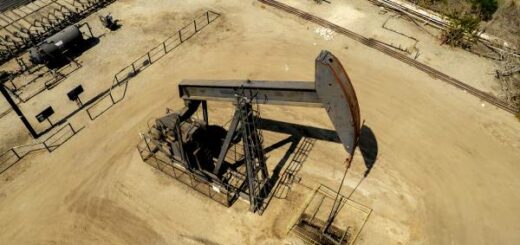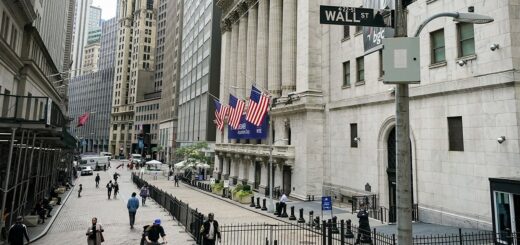Almost 50% of GDP in urban communities in danger of disturbance from nature misfortune

Loss of biodiversity and nature could put up to $31 trillion of urban communities’ (GDP) in danger, as per research delivered Monday by the World Economic Forum.
In the report delivered on the principal day of its online Davos Agenda 2022 culmination, the World Economic Forum (WEF) said there is a dire need to ensure and add nature back into metropolitan conditions to stem this GDP misfortune.
All the more explicitly, the report distinguished flooding as the chief regular danger for in excess of 1,600 urban areas around the world. Loss of seaside environment is a significant supporter of this danger, as per the report. Like various dangers from environmental change and biodiversity misfortune, the least fortunate inhabitants bear the most serious danger, with the World Bank assessing that the 600 million individuals most in danger are beneath the neediness line.
Fortunately nature-based answers for foundation are 50% less expensive than choices and convey 28% more noteworthy added esteem as far as efficiency, while they can likewise make truly necessary positions almost 60 million by 2030 in the event that essential ventures are made.
Air contamination and absence of green space in urban areas is likewise a significant ecological danger and monetary channel, as indicated by the report. In southern and eastern Asia and the Pacific, openness to air contamination cost what could be compared to 7.5 percent in local GDP.
Geneva-based WEF, which depicts itself as a worldwide association for public-private collaboration, said urban communities can play a main job in opening financial open doors with nature-based arrangements.
Metropolitan focuses address in excess of 75% of fossil fuel byproducts around the world, and the capital allotted for metropolitan environment finance is far underneath the assessed sum important, as per the report. The 2021 State o Cities Climate Finance Report found $384 billion in environment finance went to metropolitan regions in 207-2018, contrasted with a gauge of $5 trillion required.
The Forum has been facilitating its yearly gathering in the Swiss ski resort town of Davos for a considerable length of time each January as an assembly of pioneers from across the world, yet it must be dropped last year and has been conceded for this present year because of the COVID-19 pandemic.
Nonetheless, the report appraises that maintainable advancement there could make an adequate number of positions and cash-flow to balance these dangers. Manageable transportation framework alone could make 21.6 million positions by 2030, as per the report, with one more 11.66 million made by more practical treatment of waste.
Appropriately, the web-based Davos Agenda highest point is being held for the second continuous year during the planned seven day stretch of the yearly gathering. The virtual occasion will be held through January 21 and is being gone to by pioneers from across the world, including Prime Minister Narendra Modi.
“Incorporating nature-positive arrangements can assist with shielding urban areas from developing dangers related with outrageous climate while driving manageable monetary development,” it added.
“In the customary worldview, metropolitan turn of events and ecological wellbeing resemble oil and water,” Akanksha Khatri, the World Economic Forum’s Head of Nature and Biodiversity, said in an assertion. “This report shows that this doesn’t need to be the situation. Nature can be the foundation of metropolitan turn of events. By perceiving urban areas as living frameworks, we can uphold conditions for the wellbeing of individuals, planet and economy in metropolitan regions.”
The report has been distributed by the WEF’s ‘BiodiverCities by 2030 Initiative’, as a team with the Alexander von Humboldt Institute and the Government of Colombia.
The WEF said the objective of its 2030 drive is to turn around this existential worldwide danger and push ahead with an arrangement that will bring about urban areas and nature coinciding in congruity before the decade’s over.
The report called for multistakeholder activity to incorporate nature as foundation into the constructed climate.
In putting forth the financial defense for BiodiverCities, Nature-based Solutions (NbS) for foundation and land-saving are viewed as practical ways for urban communities to advance and address current difficulties.
“As urban communities ponder working for the post-pandemic future, they have a need to give their residents a more impartial and prosperous personal satisfaction by ensuring their regular assets,” said Mauricio Rodas, Co-Chair of the Global Commission on BiodiverCities by 2030 and previous city chairman of Quito, Ecuador.
Urban areas don’t should be substantial wildernesses in struggle with nature in and outside their limits, rather they ought to be spots where all individuals and nature coincide and flourish together, as indicated by the report.
Disclaimer: The views, suggestions, and opinions expressed here are the sole responsibility of the experts. No STOCKS MONO journalist was involved in the writing and production of this article.



